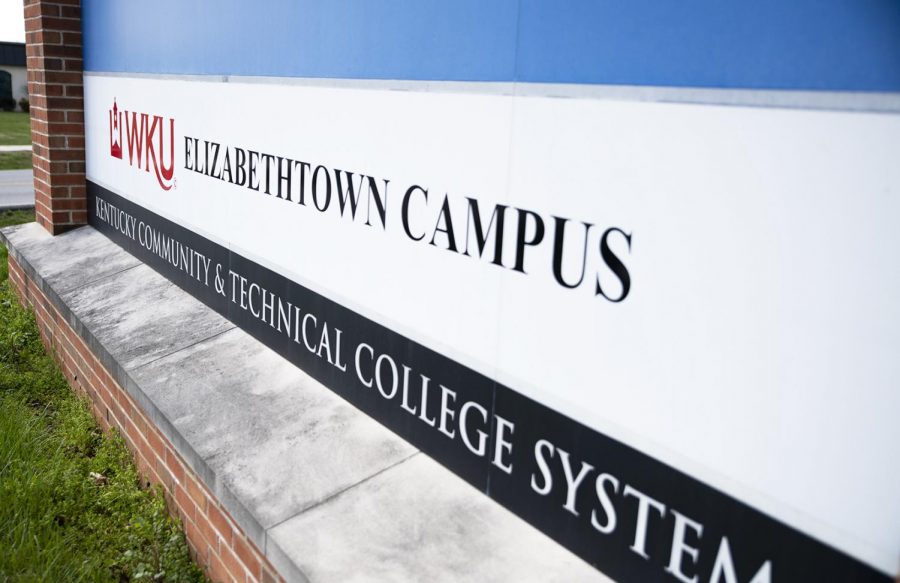Regional campuses face declining enrollment
April 9, 2019
On-campus enrollment at WKU regional campuses has decreased, while online enrollment has gone up over the last few years.
WKU has three regional campuses in Elizabethtown-Fort Knox, Glasgow and Owensboro. Overall enrollment at the regional campuses has decreased by about 16% from 2016 to 2017, according to the WKU 2018 Fact Book.
“I think that students are making decisions about what delivery methods they are wanting for pursuing higher education degrees,” Beth Laves, the associate vice president of the Division of Extended Learning and Outreach, said.
From 2016 to 2017, the enrollment at Elizabethtown-Fort Knox campus decreased by about 25%, the Glasgow campus by about 15% and the Owensboro campus by about 9%. Laves said the decrease of traditional students and the low unemployment rate are affecting the population across all campuses.
“There are fewer people going back to college,” Laves said.
According to the revenue summary of the 2018-2019 operating budget, DELO is projected to spend more than $1.4 million in the 2018-19 year compared to more than $2.4 million budgeted for the 2017-18 year.
“It’s hard to make the time to be in a face-to-face class, and so I think that students are driving this,” Laves said.
There has been a 64% decrease in overall enrollment at the Owensboro campus since its establishment in 2009, according to an article by The Owensboro Times.
There were 410 students enrolled in online classes in the Owensboro campus region in the Fall 2017 semester compared to 266 students taking classes on the campus in that same time, according to information The Owensboro Times obtained from Bob Skipper, director of media relations. According to the same information, there were 355 students enrolled in online classes in the Fall 2018 semester for the Owensboro campus.
“There’s been a transition from more to online, reaching online students as opposed to those who are just face-to-face in the classroom,” Skipper said. “They are also looking at making sure that the programs at each of those campuses is relevant to the communities.”
However, the regional campuses are still being used, according to Laves. Students come to the campuses for academic advising, financial aid meetings, computer labs, tutoring and other kinds of student-support services. “I think that the regional campuses are strong,” Laves said. “I would say that even though our on-site numbers have declined, they are very important parts, in my opinion, of the university.”
News reporter Lily Burris can be reached at 270-745-6011 and [email protected]. Follow her on Twitter at @lily_burris.















